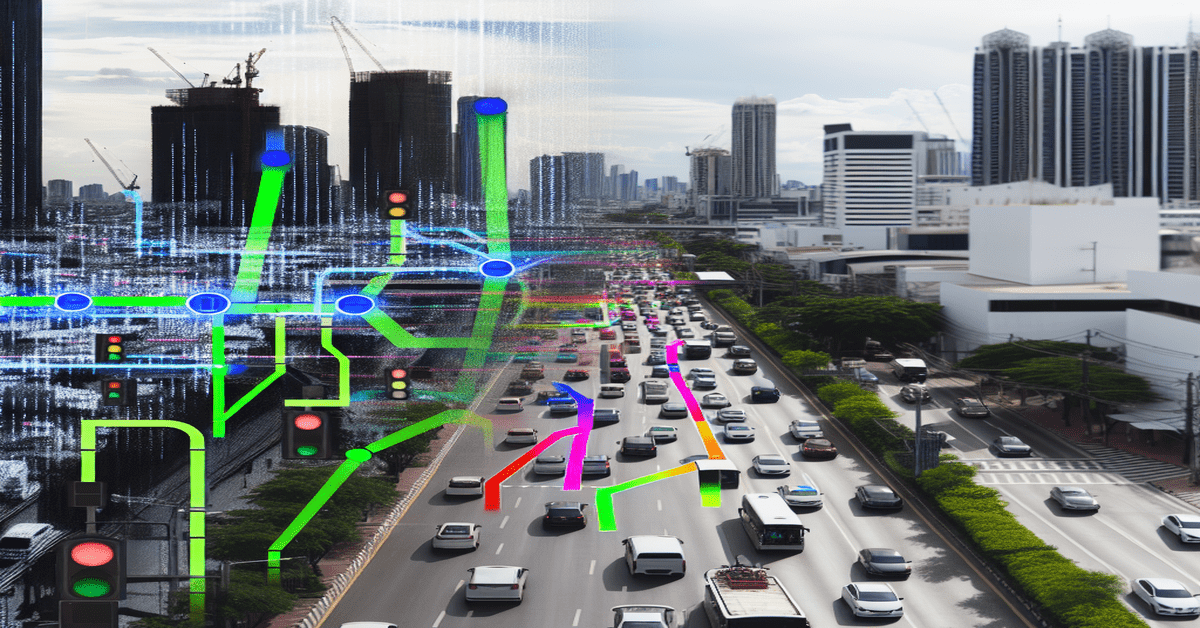Google Maps’ AI Revolution: Transforming Urban Travel and Road Maintenance
Google Maps has long been a go-to tool for navigation and travel planning, but the tech giant’s latest AI-powered features are set to take things to a whole new level. With the introduction of **Imagery Insights**, **Places Insights**, and **Roads Management Insights**, Google Maps is poised to revolutionize traffic management and road maintenance, potentially transforming the future of urban travel.
Unlocking the Power of AI for Cities and Businesses
Google’s new AI tools leverage the vast amounts of data collected through Street View and user interactions to provide invaluable insights for cities and businesses alike. **Imagery Insights** uses AI to identify and catalog objects like utility poles and street signs, enabling maintenance teams to assess infrastructure needs without time-consuming site visits. This tool could significantly streamline maintenance processes and reduce costs for cities.
For businesses, **Places Insights** offers a wealth of information about specific areas, including trends, ratings, parking availability, and accessibility. By analyzing this data, businesses can make informed decisions about where to expand or locate new facilities, ensuring they’re well-positioned to meet customer needs and preferences.
Transforming Traffic Management and Road Safety
Perhaps the most exciting development is **Roads Management Insights**, which harnesses real-time and historical traffic data to help authorities improve road safety and reduce congestion. By analyzing traffic patterns, this tool can predict and mitigate congestion, helping cities identify accident-prone areas and implement preventive measures.
In addition to Roads Management Insights, Google is also introducing tools like Green Light, which optimizes traffic light timing to reduce emissions and improve flow. According to Google, Green Light has the potential to reduce stops by up to 30%, significantly enhancing traffic efficiency and reducing environmental impact.
The Future of Urban Travel: Efficiency, Sustainability, and Safety
As urban populations continue to grow, the need for efficient, sustainable, and safe transportation solutions has never been greater. Google Maps’ new AI tools are a significant step towards meeting these challenges head-on.
By improving traffic flow and reducing congestion, these tools can make urban travel faster and more reliable, saving commuters time and reducing stress. Furthermore, optimized traffic light timing and reduced congestion can lead to lower emissions, supporting cities’ sustainability goals and contributing to a healthier environment.
Perhaps most importantly, the insights provided by Google’s AI tools can help cities maintain and improve road infrastructure proactively. By identifying potential issues before they become major problems, cities can ensure safer, smoother travel for everyone.
Embracing the AI-Driven Future
As Google Maps’ new AI tools demonstrate, the future of urban travel is increasingly data-driven and AI-powered. By leveraging the vast amounts of information available through platforms like Google Maps, cities and businesses can make smarter, more informed decisions that benefit everyone.
Of course, the success of these tools will depend on widespread adoption and effective implementation. Cities and businesses will need to invest in the necessary infrastructure and personnel to fully capitalize on the insights provided by Google’s AI.
Moreover, as with any AI-driven technology, there will be concerns around privacy and data security. Google has emphasized its commitment to user privacy and data protection, but it will be crucial for the company to maintain transparency and actively address any concerns that arise.
The Road Ahead
Despite these challenges, the potential benefits of Google Maps’ new AI tools are undeniable. By revolutionizing traffic management and road maintenance, these tools could transform urban travel, making it more efficient, sustainable, and safe for millions of people worldwide.
As we look to the future, it’s clear that AI will play an increasingly vital role in shaping our cities and transportation systems. With tools like Imagery Insights, Places Insights, and Roads Management Insights, Google Maps is leading the way, providing a glimpse into the exciting possibilities that lie ahead.
**What do you think about Google Maps’ new AI tools? How do you envision them impacting your daily commute or your city’s transportation infrastructure? Share your thoughts in the comments below and join the conversation about the future of urban travel!**
#GoogleMaps #AIRevolution #UrbanTravel #TrafficManagement #RoadMaintenance
-> Original article and inspiration provided by Travel And Tour World
-> Connect with one of our AI Strategists today at ReviewAgent.ai


